Today’s second reading is certainly familiar to anyone who has been to a church wedding. It’s easy to see why so many couples would choose that reading: the romantic nature of the love they have for one another wants a reading as sweet and beautiful as this to be proclaimed at their wedding. But I always tell them that they should be careful of what they’re asking for. Because the love that St. Paul speaks of is not something that you feel, it’s more something that you do. Or, even better, something that you are.
Because, in any relationship, love is a choice. If it were just a feeling that you automatically had for someone close to you, it would be so much easier. If love happened automatically like that, there would be no abusive relationships. Young people would never turn away from their families. Parents would never neglect their children. Spouses would never separate. We wouldn’t need the sixth commandment, because no one would ever think to commit adultery. Priests would never leave the priesthood because their love for their congregations and the Church, and above all, for God, would stop them from any other thoughts.
So as we hear that reading from Saint Paul today, I believe he’s giving it to us to show us how to be a community of faith. Because, in community, love absolutely has to address pomposity, inflated egos, rudeness, self-indulgence, and much more. All of us, no matter what our state of life, must make a choice to love every single day. If you are married, you have to choose to love your spouse; if you are a parent, you have to choose to love your children. Children must choose to love their parents; priests have to choose to love their congregations, and the list goes on. Love is the most beautiful thing in the world, but love is also hard work, and it is that hard work that makes us a community of faith.
As today’s Liturgy of the Word unfolds, we can see that love makes demands on us, demands that may in fact make us unpopular. In the first reading, Jeremiah is told that he was known and loved by God even before he was formed in his mother’s womb. That love demanded of him that he roll up his sleeves and be a prophet to the nations. God gives him the rather ominous news that his prophecy won’t be accepted by everybody, that the people would fight against him. But even so, Jeremiah was to stand up to them and say everything that God commanded him, knowing that God would never let him be crushed, nor would God let the people prevail over Jeremiah.
For Jesus, it was close friends and neighbors who rejected him. In the Gospel today, while the people in the synagogue were initially amazed at his gracious words, soon enough they were asking “Isn’t this the son of Joseph?” as if to say, “Who is he to be talking to us this way?” When Jesus tells them that his ministry will make God’s love known to the Gentiles – those whom God had supposedly not chosen – it is then that they rise up and drive him out of the city, presumably to stone him to death.
So love has to endure all of that. Jeremiah had to weather the storm for love of God. Jesus had to eventually go to the cross for love of sinners, you know, like you and me. In a community, we will have to work hard to love one another and help one another to know God’s love and care for them. We will have to extend ourselves and take a step of faith so that love can be proclaimed and lived and shared.
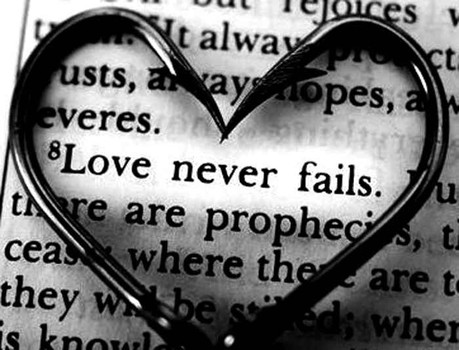
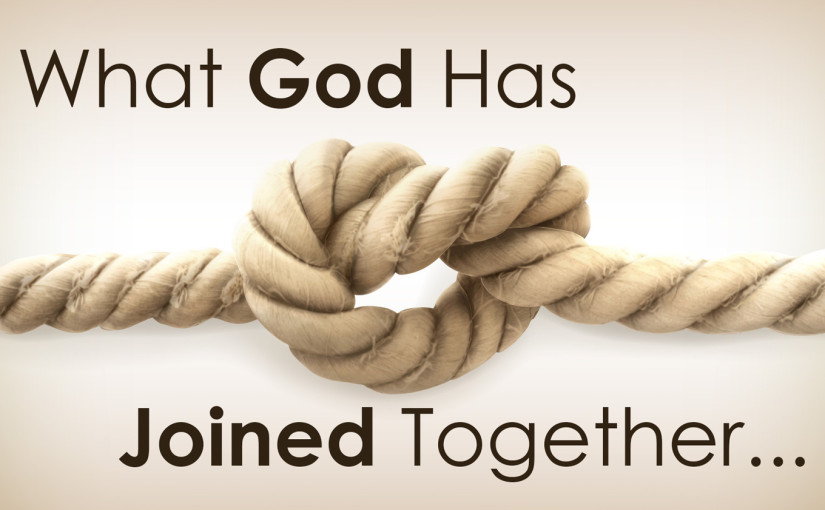

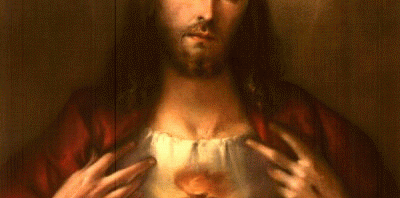
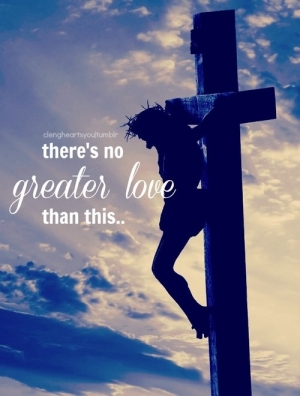
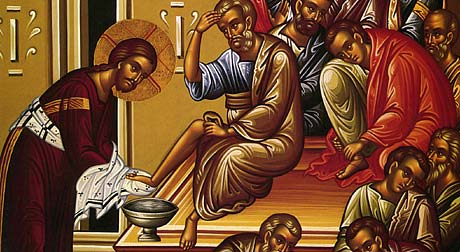
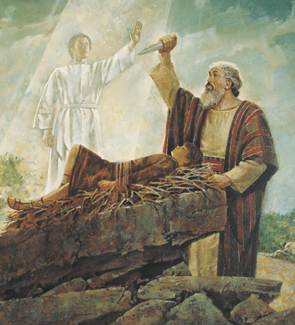



You must be logged in to post a comment.